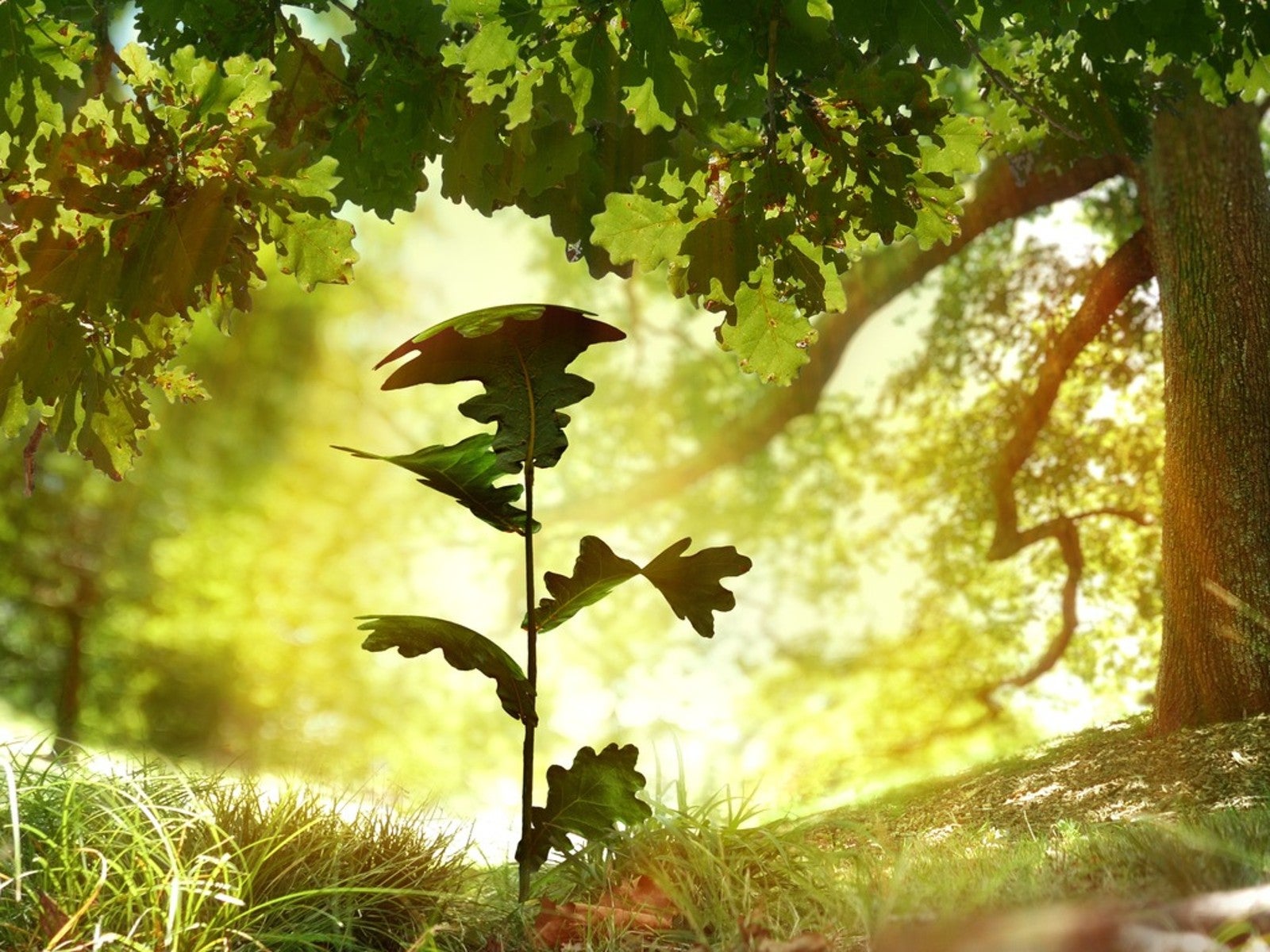The Importance Of Oak Trees And Why You Should Plant One


Taking our ecosystem for granted is no longer the norm, and thinking people the world over spend part of every day making choices that can help the planet. While there are no easy solutions to the damage human kind has done to nature, small decisions - like what kind of tree to plant in the garden - can make a difference in creating landscapes that enhance local ecosystems.
If your site and climate allow it, consider planting an oak tree. Many experts suggest that it is the best tree to plant to bolster the ecosystem, in addition to being tough, long-lived, and beautiful. Why are oaks important? Read on for more information.
Why Are Oak Trees Important?
Most are familiar with the old saying that from tiny acorns, mighty oaks will grow. But oak trees are more than large and majestic. Native American oaks have played and will continue to play an essential and central role in the survival of native ecosystems.
The oak tree genus (Quercus) goes a long way toward supporting native birds as well as the insects they use for food, and other native wildlife. Thousands of wildlife species rely on oaks for home or nurture. In addition, oaks are important in our fight against climate change.
Oak Trees and the Planet
What do oak trees accomplish that aids our struggles with climate change? Most people are aware that the emission of carbon dioxide - generally from burning fossil fuels - is one of the culprits responsible for global warming. Trees are known to capture carbon, thus lightening the load.
Why should you plant oak trees? Native oak species capture more carbon than any other genus of tree, removing this carbon from the air. They also prevent flooding and drought by holding rainwater. Backyard oak trees will hold more water than most other plants.
Feeding the Wildlife
The fruit of oak trees are called acorns, and these small, energy rich seeds feed many different types of wildlife. In fact, experts say that acorns are the number one wildlife food in the continent’s deciduous forest. Acorns are packed with energy, they store easily and for a long period of time, and serve as a core winter food for wildlife populations.
Gardening tips, videos, info and more delivered right to your inbox!
Sign up for the Gardening Know How newsletter today and receive a free copy of our e-book "How to Grow Delicious Tomatoes".
Which wildlife species eat acorns? It is easier to draft a list of those that don’t. Dozens of species from wild birds to deer and bear consume acorns directly. They are also consumed by gray squirrels, fox squirrels, flying squirrels, mice, voles, rabbits, raccoons, opossums, gray foxes, wild turkey, red foxes, jays, and wild hogs. Other species may not consume acorns but profit from them - like bobcats, whose diet includes smaller mammals that survive by eating acorns.
Even more species rely on oak leaves and stems, from invertebrate moth larvae to frogs and salamanders. The young foliage and shoots offer browse for rabbits and deer. It may not be the most desirable browse to these species, but they can turn to it in times of food shortages. And insect-eaters like birds and spiders use oak trees as feeding sites, thanks to the profusion of insects on the branches of some species.
Housing Wildlife
But food is only one aspect of the benefits animals get from oak trees. A second important resource is habitat in the form shelter, or cover. Many oaks produce lush leaves, and this dense foliage is perfect for concealing bird nests, insect nests, and squirrel nests. Nest-building wildlife that does not choose to live in oaks can use the oak foliage as material for nest construction.

Teo Spengler is a master gardener and a docent at the San Francisco Botanical Garden, where she hosts public tours. She has studied horticulture and written about nature, trees, plants, and gardening for more than two decades. Her extended family includes some 30 houseplants and hundreds of outdoor plants, including 250 trees, which are her main passion. Spengler currently splits her life between San Francisco and the French Basque Country, though she was raised in Alaska, giving her experience of gardening in a range of climates.
-
 Looking For Plants To Give You The Soft And Fuzzies? Try These 5 Fuzzy Leaf Plant Options
Looking For Plants To Give You The Soft And Fuzzies? Try These 5 Fuzzy Leaf Plant OptionsLovers of texture, drama, silver foliage and tactile plants will adore these special sensory garden additions. These fuzzy leaf plant options will leave you all aglow
By Susan Albert
-
 Get Ready For A Summer Of Hummers! Grow These Full Sun Hummingbird Plants and Flowers
Get Ready For A Summer Of Hummers! Grow These Full Sun Hummingbird Plants and FlowersIf you’re lucky enough to enjoy a sunny backyard, make sure you are maxing out on your pollinator opportunities and grow these full sun hummingbird plants and flowers
By Tonya Barnett